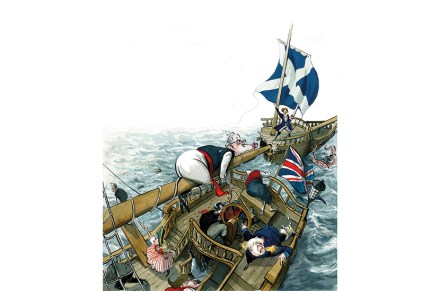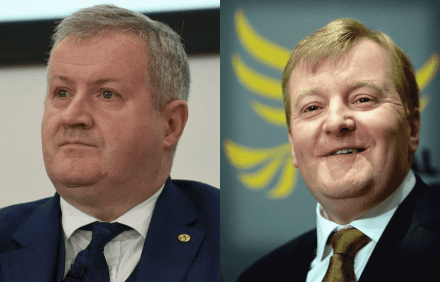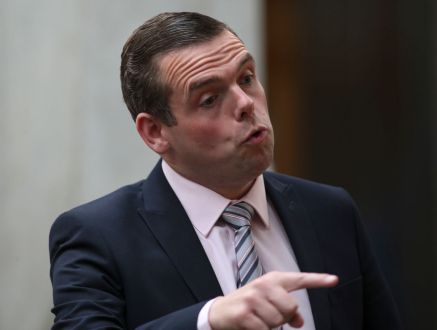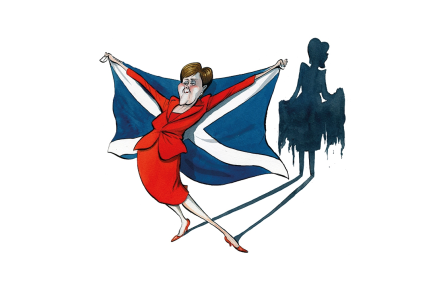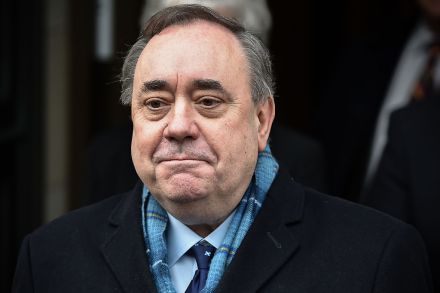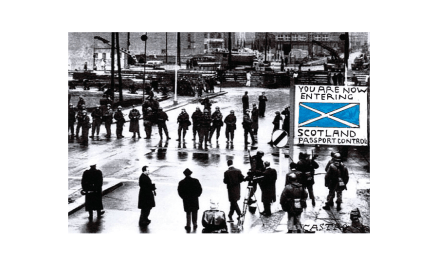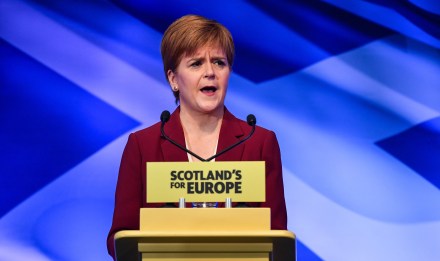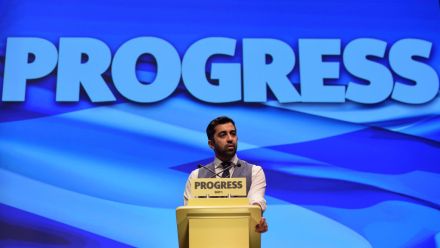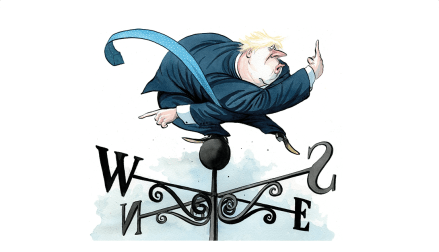The break-up: is Boris about to lose Scotland?
At the stroke of five o’clock last Friday, the new head of No. 10’s Union unit was due to brief government aides on the robust new strategy to counter the SNP. It was urgently needed: campaigning for the Scottish parliament election starts in a few weeks and if Nicola Sturgeon wins a majority — as looks likely — she’ll demand another independence referendum. Even if Boris Johnson refuses, the SNP will attempt to push on regardless. Any plan to save Britain must be put into action sooner rather than later. But an hour or so before the briefing, an email went around to say it was cancelled. What’s more its author, Oliver
